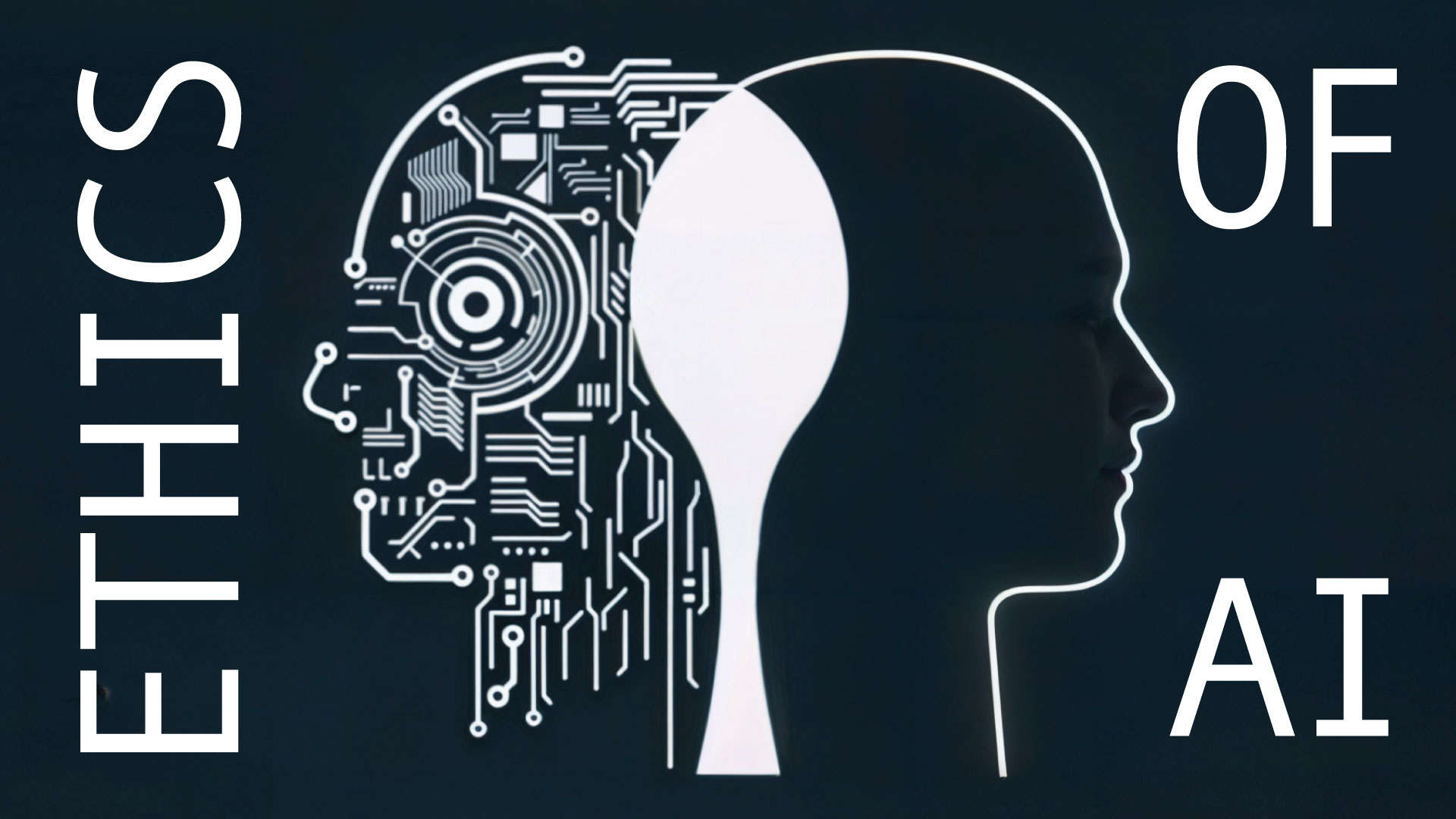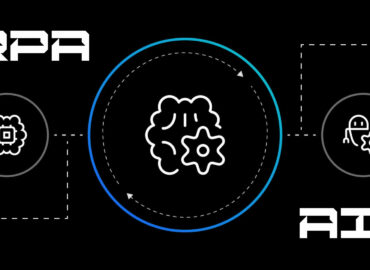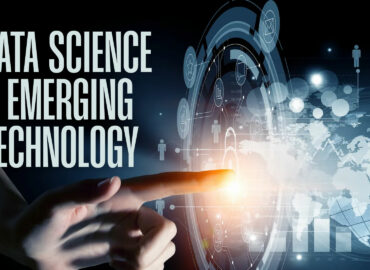Ethical AI: threats and solutions
Introduction
Ethics are certain rules and regulations that define certain actions within limits. Artificial intelligence is a modern technology that has brought about a great transformation in how we perceive development. It has far-reaching benefits in every field today be it science, education, business, etc. But in addition to the advantages, there are equal chances of AI abuse. Hence, it is crucial to elaborate on the limits to which AI can be used. Policymakers have come across the need to prepare a document on the extent of AI use that every industry, person, government, or institute may abide by.
What is AI ethics?
Ethics are defined by principles, which define the morally stated rules to act upon. AI ethics aim to maximize human benefit and control any misuse or misconduct. It is a broad discipline that establishes the rights and wrongs of using AI. The ethics concerning AI are twofold. The first is that AI might create security breaches and privacy issues. The second one is that AI technology might fall into the wrong hands, as there would be adverse consequences.
Purpose of AI ethics
Data scientists and tech experts have come together to set some guidelines on the function of AI. There have been many cases of misuse, AI bias, and undesired results. This has brought out an urgency to define the role of AI and also explain the purpose of AI ethics. The discussion is set on bringing promising results to businesses while uplifting and safeguarding human interests. According to IBM, since 2018, more businesses and executives have agreed upon the importance of AI ethics. However, there is still an “intention-action” gap in implementing AI ethics, as reported by the WEF (World Economic Forum).
The following article will explore the ethical concerns caused by AI and what the possible solutions to these rising threats should be.
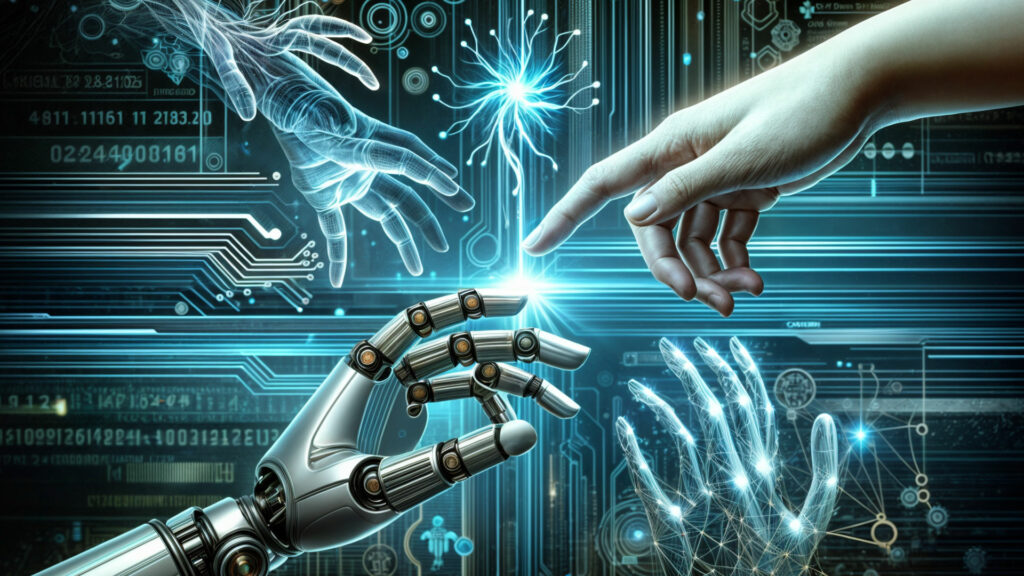
Threats or Concerns by AI
There are some looming concerns caused by AI that need to be addressed. Following is a list of some important AI threats listed by professionals and consumers. While devising policies, these points should be considered.
1. Foundational AI
AI is based on a foundational model, meaning a large-scale generative model, like Chat GPT, which is self-supervised. This causes AI to multi-task on a wide range of parameters and make quick decisions. Although it has made data processing fast, it has certain drawbacks. For example, it can miscalculate data, misinterpret information, cause bias, lack context, etc.
2. Superintelligence
Artificial intelligence is smart and, to an extent, more intelligible than humans. There are certain tasks and calculations for which AI is more accurate and prompt. Certain automation tasks are adeptly performed by AI machines, which has lessened the burden on human beings. This has created concern among many people about whether AI will take up every human task. The smart and autonomous system of AI has raised questions about the place of AI in human life when performing various tasks.
3. AI bias
AI systems are trained and fed with data to perform functions accordingly. But this system is not completely reliable. Especially in hiring practices in various industries, AI algorithms discriminate against certain employees. Moreover, businesses can face losses due to a miscalculation by AI by favouring odd parameters.
4. Privacy
The foremost concern regarding AI is the privacy and safety of individuals and their data. This is a digital era and to access online media, people have to share their personal information. If misused, there can be serious consequences. Legislators and company heads are devising new policies that inform users about data being shared and protected under their laws.
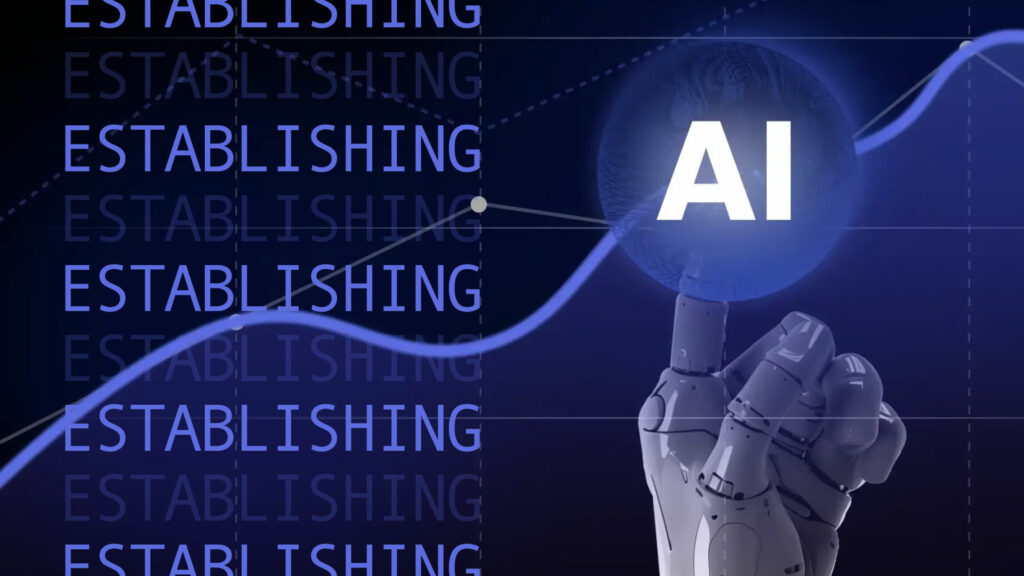
Establishing AI ethics
Moral and ethical principles must be set by each industry using AI. In addition to that, there are many independent and non-profit organizations which supervise AI ethics and their implementation in various industries, such as AlogrithWatch, DARPA, AI Now, etc. Following are some ethical standards that should be put in place to establish AI laws and ethical codes of conduct.
1. AI ethical board
Just like a human resources board monitors the work activities and problems of human beings, there must be an ethical board for AI. This would establish proper governance for the AI working model. It should educate people regarding the lifecycle of AI and the responsibilities of people working with AI.
2. Transparency
There must be a clear-cut explanation regarding the purpose of AI tools. AI must work transparently to build trust between AI, its users, and the organisations that are utilising it.
3. Honesty
There must be a fair attitude and equal treatment while dealing with AI. It must not be used to discriminate between people or use unfair means. The governing system should prohibit any unjust use of AI.
4. Privacy and Safety
The primary concern of an AI system must be safeguarding the private information and data of its users. Moreover, there must be agreement on what kind of information is extracted from the user. The user must be well informed about every privacy concern.
5. Legitimacy
AI ethics must be legally bound and must be regulated in every industry. In this way, a legal entity would hold any kind of misconduct under infringement of laws. This would consolidate a legal binding between AI and its users and any exploitation could be avoided.
Conclusion
The concluding point is that investment shall be equally made in formulating an ethical code for AI as it is for new technology. There must be a multi-disciplinary and cross-disciplinary approach to the ethics of AI. Industries, researchers, and IT experts should collaborate to come up with a strong ethical system regarding artificial intelligence. AI is a reality and its penetration in the modern world will only increase in the coming years. Hence, necessary measures shall be taken to avoid any serious repercussions and yield more benefits for mankind.


